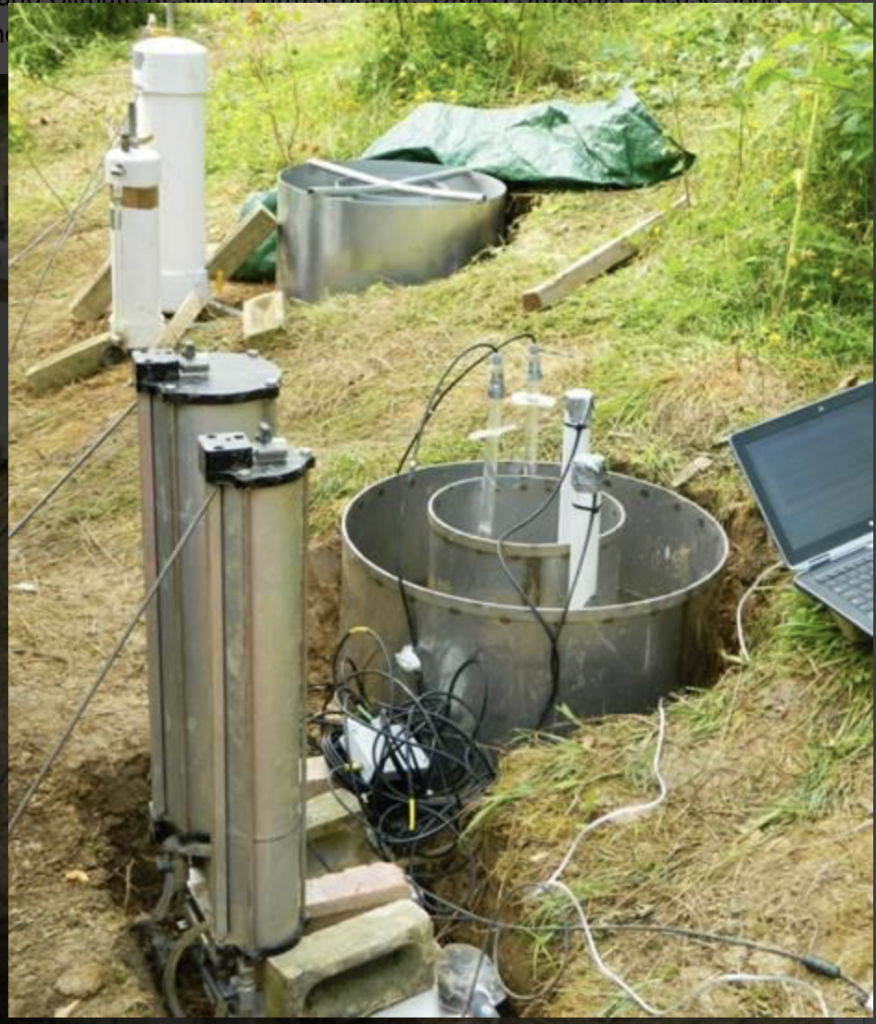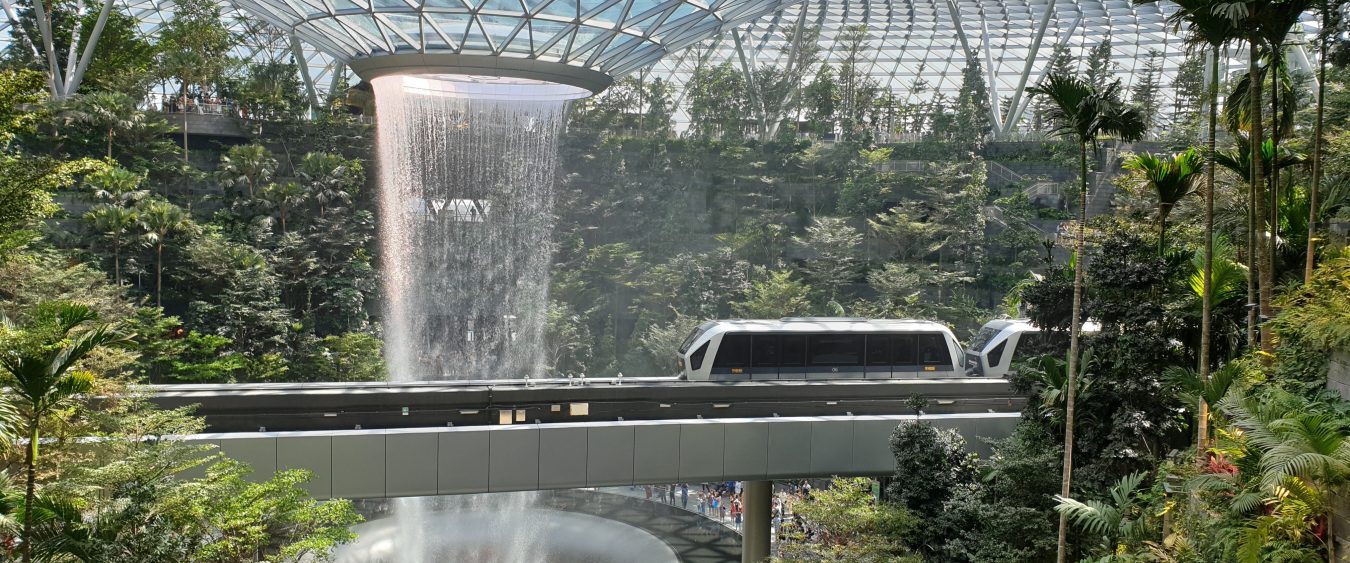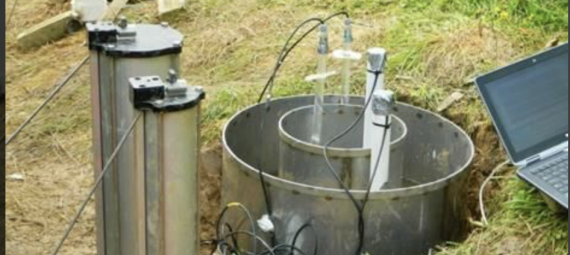Supervisor: Tiina Roose
Co-supervisor: William Powrie
Project description
Soil is one of the most complex and important self-assembling organo-mineral composites in the world. All human food supply, ecosystem and infrastructure services depend on soil. Movements of water into, within and out of soil are especially important. In the context of geotechnical infrastructure, a detailed understanding of the processes involved is needed both for the control of groundwater levels and pore pressures during construction, and potentially for the active management of soil water content to mitigate more extreme cycles of seasonal wetting and drying that are predicted to occur as a result of climate change. Particular issues and questions that require an increased understanding of soil water entry and exit processes include (i) the depressurisation of relatively low permeability soils, particularly those comprising grains of mixed mineralogy and typical size. What is the effect of applying a vacuum at the soil / well boundary, in terms of additional depressurisation in the soil? How is this distributed within the soil? How would partial or zonal desaturation affect the behaviour? (ii) The recharge of soils and waste landfills, where clogging of the soil pores by impurities or the movement of fine particles can be an issue. (iii) Combining (i) and (ii), what is the feasibility of controlled water abstraction or injection to mitigate vegetation / climate induced seasonal changes in water content that lead to major shrink/ swell issues with clay embankments in particular. How would this be affected by zones of preferential flow and / or air entry?

In this project we will develop new mathematical models of soil wetting (water injection) and dewetting (water abstraction) that will enable
1. Development of new understandings of what in particular influences air entry and water exit effects into and from fully saturated soils
2. Investigation of the microscale processes the influence soil wetting, and how these may be modified on the pore scale
3. Taking into account the role plants play in these processes
4. Assessment of the feasibility of engineered mitigation of the effects of climate induced water cycles on the wetting and dewetting of volume-sensitive soils
If you wish to discuss any details of the project informally, please contact Tiina Roose, Bioengineering Sciences Research Group, Email: t.roose@soton.ac.uk, Tel: +44 (0) 2380 59 2374.
Entry Requirements
A very good undergraduate degree (at least a UK 2:1 honours degree, or its international equivalent).
Closing date: applications should be received no later than 31 August 2020 for standard admissions, but later applications may be considered depending on the funds remaining in place.
Funding: full tuition plus, for UK students, an enhanced stipend of £15,009 tax-free per annum for up to 3.5 years.
How To Apply
Applications should be made online here selecting “PhD Engineering and Environment (Full time)” as the programme. Please enter Tiina Roose under the proposed supervisor.
Applications should include:
Research Proposal
Curriculum Vitae
Two reference letters
Degree Transcripts to date
Apply online: https://www.southampton.ac.uk/courses/how-to-apply/postgraduate-applications.page
For further information please contact: feps-pgr-apply@soton.ac.uk

